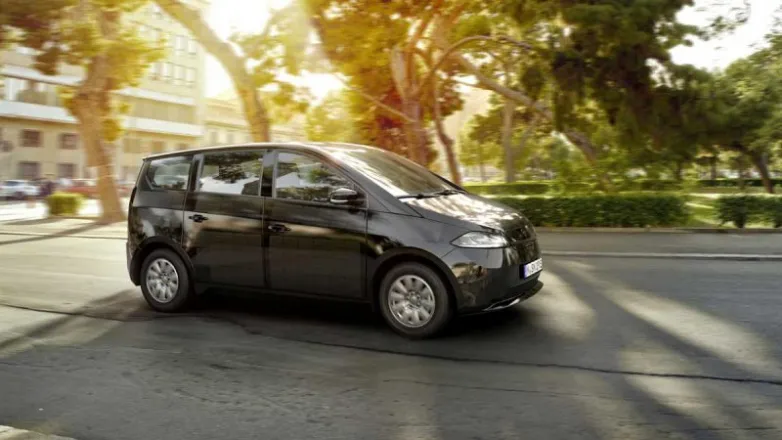Sono Motors couple with Fraunhofer ISE to examine solar cells in EVs
- German solar electric automobile producer Sono Motors is to join the Fraunhofer Institute for Solar Energy Systems (ISE) to examine and also certify the business's innovation for integrating solar cells into the bodywork of electric automobiles (EVs).

Sono Motors revealed photos of its Sion EV right back in March of 2019, building on its initial models which were first exposed even better back, in 2017. The Sion's main drawcard is the pledge of solar PV panels built directly right into the body of the car, allowing it to enhance its array via its very own solar generation.
Unsurprisingly popular, Sono Motors raised EUR53 million ($ A85 million) previously this year via a crowdfunding campaign, exceeding its initial target of EUR50 million, thanks in large component to appointments made for the Sion.
On Thursday, Sono Motors revealed the following major step in bringing the Sion to market, disclosing that it was partnering with the Fraunhofer Institute for Solar Energy Systems (ISE) to evaluate as well as accredit the business's solar innovation.
Fraunhofer ISE will deal with Sono Motors to test the company's patented solar modern technology and bring it with to approval. Examinations will concentrate mainly on developing evidence of the innovation's safety and security as well as reliability, while likewise expanding to determine various other potential areas of application so regarding further promote accreditation beyond its usage in EVs.
Sono Motors' solar modern technology contains lightweight as well as very efficient solar modules, a control device incorporated with a design for predicting the solar modules' energy yield, and also various other system components required for the electrical and mechanical assimilation of the solar technology into the bodywork of electric automobiles.
The business's layout aims are to perfectly integrate the solar modules right into the surface of the Sion's body, and also is anticipated to be able to provide an extra series of as much as 34 kilometres per day.
" We have been working hard on developing our solar technology since Sono Motors was founded," stated Mathieu Baudrit, Head of Research as well as Development, Solar Integration, at Sono Motors.
" We are currently in the final stages of having this unique innovation authorized. We are delighted to have the prominent Fraunhofer Institute for Solar Energy Systems join us at this crucial stage, with its proficiency in the area of solar integration."
" The assimilation of solar modules into vehicles is a crucial modern technology for the low-carbon mobility of the future," added Dr. Harry Wirth, Division Director, Photovoltaics Modules and also Power Plants at Fraunhofer ISE.
" Solar electrical power enhances a lorry's array and fewer charging stops imply lower power expenses. We are delighted to be able to contribute our institute's extensive knowledge, ranging from the development as well as testing of solar modules to digital applications to this joint project."
Production of the Sion is anticipated to begin in 2022. Sono Motors' original strategy was to create an overall of 260,000 Sion's ove ra duration of eight years, making use of the previous Saab plant in Trollhättan, Sweden. Pre-orders for the Sion presently need a deposit of at the very least EUR500 for an overall acquisition price of EUR25,500 ($ A42,500).
According to the business's web site, pre-orders presently rest at over 12,300.
Sono Motors' additionally made information in very early September when it was awarded a European patent for its bidirectional billing system referred to as biSono which the business's own recently developed charger, able to charge, store, and also launch power.
While bidirectional charging systems are not new, a feasible integration with an EV which also boasts its own solar panels could be a substantial video game changer.
As opposed to just producing the additional 34 kilometres of extra driving array, the Sion could be able to feed electrical energy back right into the grid with a control system, such as an application or the automobile's infotainment system. Particularly, excess power absorbed by the Sion's battery could be made available to other gadgets and even various other cars.
" Patenting our bidirectional charging system is one more important milestone on our way to ending up being a mobility provider," claimed Laurin Hahn, Co-Founder and also CEO of Sono Motors, talking in September.
" The innovation permits us to make it possible for intelligent power sharing, i.e. the sharing of stored energy through an app. The Sion can hence not only be billed by means of the power grid, however enters into the billing facilities itself."
Also read

